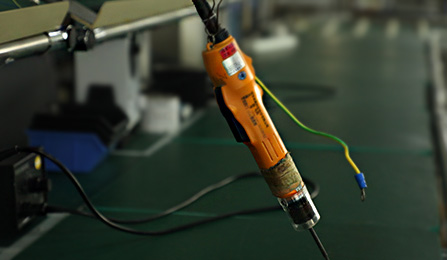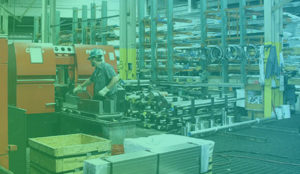In product development, the mechanical design is divided into two types. One is industrial design, the other is structural design. The ME mainly focuses on the structural design work of the product’s internal and external aspects to make the product more suitable for environmental use. The design of the product needs to be designed in a way which makes sure the structural components are easy for the manufacturing worker to assemble. So, structural design is a very important part of product design. From design to manufacturing, the product design goals need to be comprehensively considered at the beginning of the project.
Structural components need to meet product functions. The design team also needs to consider the core technology, processing technologies, and materials for its future production costs, therefore, if there is no overall consideration in the early design stage, it is very troublesome. In summary, the most important part of product structure design from design to manufacturing is the overall management. From the time the product meets the function, the mechanical engineer must also take into account the product’s materials, economic costs, and future manufacturability.
If a product structural engineer lacks design experience, it may lead to:
- Product design’s functions are missed;
- Improper selection of materials, which can not meet product requirements;
- Can’t meet the requirements for reliability testing of related products;
- The process cannot meet the demand for mass production of the product;
- The structural strength cannot meet the requirements of the product;
- Product cooling and other requirements can not meet product use;
- Issues such as high part costs will arise.
The mechanical engineer (ME) is one of the single most important engineers in a product development’s lifecycle. Even an entry-level mechanical engineer offers valuable insights when designing, developing, and manufacturing a product.
Relevant fields in mechanical engineering technology
Mechanical engineering technology is a diverse landscape of many sectors of research and development. MEs date back 100’s if not 1000’s of years from simple inventions (such as the lever) to the creation of aviation (Wright Brothers). Even basic devices need a mechanical engineer to help with its development. As a startup company, hiring a ME is a crucial decision and having one will quickly prove invaluable.
Here are a few products/systems a ME could assist in developing.
- Heat exchangers, refrigerators, ventilation systems.
- Manufacturing technologies that include the use of lasers, precision machinery, and nano-technology.
- Biomedical devices.
- Automobiles, airplanes, and other vehicles.
- Robotics, mechatronics, and electronic control of machinery.
- Predictive maintenance and reliability technologies.
- Modeling of machinery and systems using virtual reality.
The role of a mechanical engineer: different types of engineering
The role of a mechanical engineer is to take a product from an idea to the marketplace. To accomplish this, the mechanical engineer must be able to anticipate to the best of his/her ability the use cases of the product. After pinning down potential use cases, the ME considers the product’s parts and subsystems then design them for functionality, aesthetics, and durability. The ME helps determine the best manufacturing approach that will ensure operation without failure.
-The process an average Mechanical Engineer goes through:
- Product definition-product design (ID)
- Detailed product stacking
- Preliminary plan formulation-internal discussion, and review-detailed product structure design (functional/material/process/structure/assembly/manufacturing and other comprehensive considerations)
- Internal review
- Design modification
- Internal review
- Manufacturing prototype verification
- Mold development (for batch manufacturing)
- Mold testing
- Mold review
- Trial production
- Trial production discussion
- Trial production modification
- Mass production
A general product’s life cycle will look similar to the below graph (figure 1.0)
(Figure 1.0)
From the initial evaluation stage of your product’s development lifecycle through to the MP1 stage (1st batch manufacturing), the mechanical engineer will be needed at each one of these stages to ensure quality and functionality.
There is a huge necessity for ME for hardware companies as they are one of the key ingredients which enable the smooth development and transition to the market. From a product’s initial design stage through to the product’s manufacturing stage, the ME applies his/her theory of mechanics to solve the best possible outcome of having a product commercialized.





